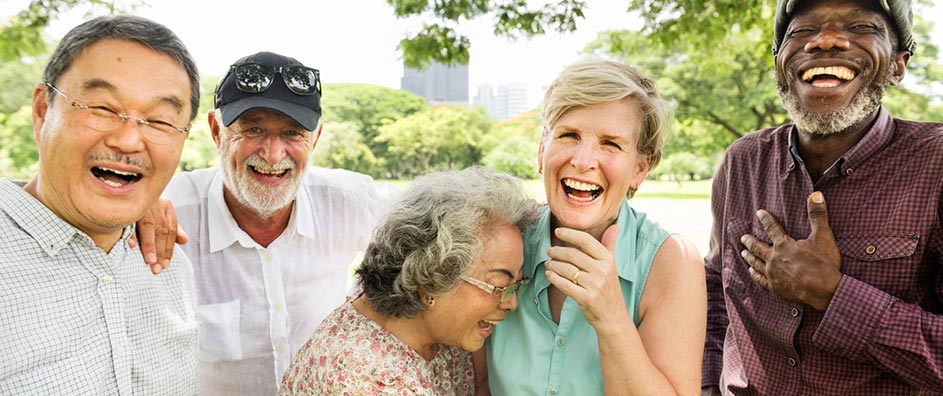The Bahá’í teachings elucidate a profound understanding of the interconnectedness of humanity and the imperative of action. Within this framework, the principles of deeds and actions emerge as pivotal elements in manifesting the signs of oneness. This theme resonates through the corpus of Bahá’í literature, emphasizing that genuine spirituality is embodied through tangible expressions of love, service, and unity. An examination of this doctrine reveals its variegated dimensions and implications.
At the heart of the Bahá’í philosophy is the concept that true faith necessitates action. Mere belief, devoid of corresponding deeds, is insufficient for the spiritual evolution of the individual or the community. In this light, actions are not merely the byproducts of belief; they are the tangible manifestations of one’s convictions. When Bahá’ís engage in acts of kindness, charity, and service, they contribute to the creation of a more harmonious society, thereby illustrating the oneness of humanity.
One fundamental aspect of Bahá’í teachings is the emphasis on the importance of service to others. Service is viewed as an embodiment of love and the highest form of worship. The act of serving others aids in breaking down barriers of prejudice and fosters an environment where collaboration and mutual respect thrive. This principle is reflected in the Bahá’í teachings, which advocate for proactive involvement in social and humanitarian efforts. The impact of such service can be profound, culminating in the transformation of social norms and the cultivation of a spirit of unity across diverse communities.
In practical terms, Bahá’í teachings encourage individuals to engage in community-building activities. This involves participation in local initiatives that address social issues, such as poverty alleviation, education enhancement, and health care. By actively contributing to their communities, Bahá’ís manifest the ideals of oneness, demonstrating that humanity is interconnected and that the welfare of one is inextricably linked to the welfare of all.
Continuing with the theme of deeds and actions, the Bahá’í writings underscore the transformative power of individuals acting with intention and purpose. The notion of ‘intentionality’ highlights the conscious decision to align one’s actions with the principles of justice, equity, and love. Deliberate actions, driven by genuine intentions, serve not only to uplift the individual but also to inspire others in their journey towards spiritual and moral advancement.
Moreover, Bahá’í teachings advocate for the principle of consultation as a means of collective action. Consultation entails an open dialogue where individuals come together to share insights, perspectives, and ideas. This collaborative process not only enhances decision-making effectiveness but also nurtures a culture of unity and respect. Through consultation, Bahá’ís embody the practice of collective responsibility, which is essential in addressing the multifaceted challenges facing contemporary society.
In addition, the Bahá’í understanding of justice plays a critical role in manifesting signs of oneness through deeds and actions. Justice, as articulated in the teachings, transcends mere legalistic interpretations; it encompasses a holistic approach that emphasizes fairness, equity, and the upliftment of all. Bahá’ís are encouraged to advocate for social justice, challenging injustices and inequalities wherever they arise. Actions grounded in justice not only embody the essence of Bahá’í belief but also serve as catalysts for societal transformation.
Furthermore, the commitment to education is a vital component of the Bahá’í paradigm of action. Education is considered a powerful tool for fostering individual potential and improving societal conditions. Bahá’ís are urged to prioritize educational initiatives, advocating for the dissemination of knowledge as a means to empower individuals and communities alike. By facilitating access to education, Bahá’ís embody the principle of oneness, helping to dismantle barriers that perpetuate division and inequality.
The intrinsic link between deeds, actions, and the manifestation of oneness extends to the realm of environmental stewardship as well. The Bahá’í faith acknowledges the significance of the natural world and the responsibility of humanity to protect and preserve it. Engaging in sustainable practices and promoting environmental awareness is seen as a critical aspect of fulfilling one’s role as a steward of the Earth. Such actions reflect a deep-seated understanding that the health of the planet directly correlates to the well-being of humanity, further emphasizing the interconnectedness of all life.
In conclusion, the Bahá’í teachings on deeds and actions illuminate a path towards the realization of oneness among humanity. This philosophy advocates for active engagement in service, community building, justice, education, and environmental sustainability. By translating belief into action, Bahá’ís not only foster the signs of oneness but also contribute to a more just, compassionate, and unified world. The challenge lies in embodying these principles in daily life, persistently striving for actions that reflect the underlying unity of humanity. As individuals embark on this journey, they will undoubtedly find that their deeds manifest the ethos of oneness, enhancing the tapestry of collective existence.
